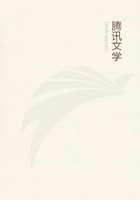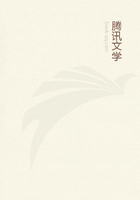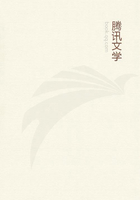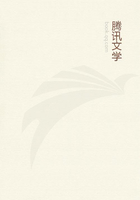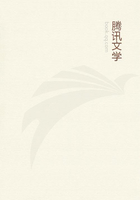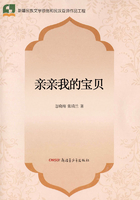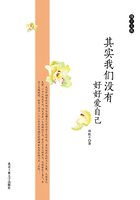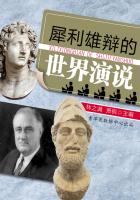For the truth of a proposition is never evident, until we conceive the meaning of the words or terms whereof it consisteth, which are always conceptions of the mind; nor can we remember those conceptions, without the thing that produced the same by our senses. The first principle of knowledge therefore is, that We have such and such conceptions; the second, that we have thus and thus named the things whereof they are conceptions; the third is, that we have joined those names in such manner, as to make true propositions; the fourth and last is, that we have joined those propositions in such manner as they be concluding. And by these four steps the conclusion is known and evident, and the truth of the conclusion said to be known. And of these two kinds of knowledge, whereof the former is experience of fact, and the latter evidence of truth: as the former, if it be great, is called prudence, so the latter, if it be much, hath usually been called, both by ancient and modern writers, SAPIENCE or wisdom: and of this latter, man only is capable; of the former, brute beasts also participate.
5. A proposition is said to be supposed, when, being not evident, it is nevertheless admitted for a time, to the end, that joining to it other propositions, we may conclude something; and so proceed from conclusion to conclusion, for a trail whether the same will lead us into any absurd or impossible conclusion; which if it do, then we know such supposition to have been false.
6. But if running through many conclusions, we come to none that are absurd, then we think the supposition probable; likewise we think probable whatsoever proposition we admit for truth by error of reasoning, or from trusting to other men. And all such propositions as are admitted by trust or error, we are not said to know, but think them to be true: and the admittance of them is called OPINION.
7. And particularly, when the opinion is admitted out of trust to other men, they are said to believe it; and their admittance of it is called BELIEF, and sometimes faith.
8. It is either science or opinion which we commonly mean by the word conscience: for men say that such and such a thing is true upon, or in their consciences; which they never do, when they think it doubtful; and therefore they know, or think they know it to be true. But men, when they say things upon their conscience, are not therefore presumed certainly to know the truth of what they say. It remaineth then, that that word is used by them that have an opinion, not only of the truth of the thing, but also of their knowledge of it. So that conscience, as men commonly use the word, signifieth an opinion, not so much of the truth of the proposition, as of their own knowledge of it, to which the truth of the proposition is consequent. CONSCIENCE therefore I define to be opinion of evidence.
9. Belief, which is the admitting of propositions upon trust, in many cases is no less free from doubt, than perfect and manifest knowledge. For as there is nothing whereof there is not some cause; so, when there is doubt, there must be some cause thereof conceived. Now there be many things which we receive from report of others, of which it is impossible to imagine any cause of doubt: for what can be opposed against the consent of all men, in things they can know, and have no cause to report otherwise than they are (such as is a great part of our histories), unless a man would say that all the world had conspired to deceive him.
And thus much of sense, imagination, discursion, ratiocination, and knowledge, which are the acts of our power cognitive, or conceptive. That power of the mind which we call motive, differeth from the power motive of the body. for the power motive of the body is that by which it moveth other bodies, which we call strength: but the power motive of the mind, is that by which the mind giveth animal motion to that body wherein it existeth; the acts hereof are our affections and passions, of which I am now to speak.

